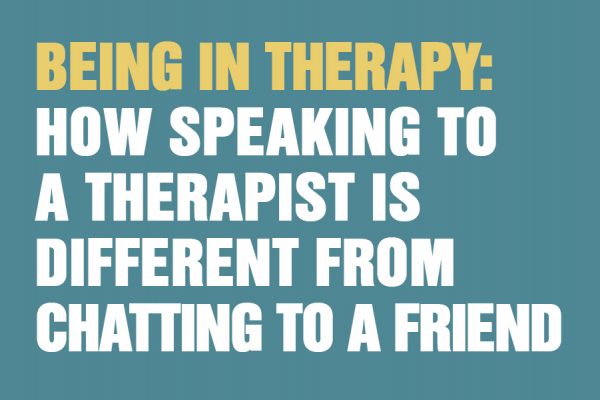Are your interpersonal relationships becoming difficult because you find you’re being so touchy and taking things personally? Do others mostly see you as over-reacting to the tiniest thing – leaving you feeling confused and upset and alone? Do you need help in managing your emotions?
This kind of situation can repeat and spiral, and you can end up feeling trapped in your own reactions. If this resonates, and you’re ready to reflect on what keeps happening to you, then you may want to look at why you’re being emotionally reactive.
Signs that you are being emotionally reactive:
- You are affronted at the slightest little thing.
- Your reaction is often out of proportion to the situation.
- You frequently storm off in a cloud of self-righteousness when things aren’t going exactly to plan.
- You believe circumstances have CAUSED your reaction, leaving you feeling buffeted by the storms of life.
- People find you prickly and hard to be around.
- You can become defensive and resentful if you perceive someone to have criticised you.
- Rage can consume you at very short notice and with the tiniest provocation.
- There can be a theme to your outbursts but you’re not sure what it is.
- You can feel powerlessness with little sense of agency.
Some tips to support you to be less reactive
Think about responding rather than reacting
This may involve reframing how you experience life. Tell yourself that you’re not the victim of circumstances, and you can choose how to respond when things don’t go your way.
Take a breath
Buy yourself a millisecond of time before you react. When you feel yourself about to explode or rage at a situation, take a deep breath and consider what’s really going on here. Is it the situation, or is it some dynamic within the situation that is pressing on an old wound?
Get to know your triggers
This may take some time to work out what’s really irking you, but it can support you to become way less reactive. Over a period of time, aim to develop a part of you that ‘observes’ what you’re thinking, feeling and doing. Instead of allowing yourself to react, notice each time you were about to react and make a note of it. When the situation has calmed, look back at your reactions and aim to understand the underlying emotion that may be triggering you. Next time you feel you’re about to react, you can recognise it for what it is: just a trigger.
Replenish your energy
Feeling drained and depleted can make you more reactive than normal because you have fewer energy supplies to draw on. Build activities into your week that will replenish rather than drain you. This may involve static, calming things such as meditation or mindfulness; dynamic activities such as exercise and fitness; and creative pursuits such as writing, drawing, colouring, cooking or gardening. Or it may simply mean taking some time out to check in with yourself and see how you’re feeling so you can aim to feel more grounded and in tune with yourself.
Re-phrase your script
Instead of blaming other people saying things like “you made me angry when you forgot to call me”, try owning your feelings and taking responsibility for them. Try saying instead: “When you didn’t call me at the time we’d agreed, I began to feel overlooked and forgotten. What I’d like you to do is text me if you can’t call at the time we talked about.” The way you communicate can radically affect how reactive you are.
Speak to a therapist
If your reactiveness if causing major issues, it may help to work through them with a professional. Therapists can help you identify the behaviours that are no longer serving you. They can also help you start making changes so you are less of a servant to your moods and will learn tools to master them.
To book an initial appointment with one of our therapists, call 020 8673 4545 or email [email protected]. We have sessions available seven days a week at our Clapham and Tooting centres.








1 Comment. Leave new
This writing was a great help to me. I wish I lived closer – but I’m in Chicago. Thank you